Keywords: Right To Choose
-
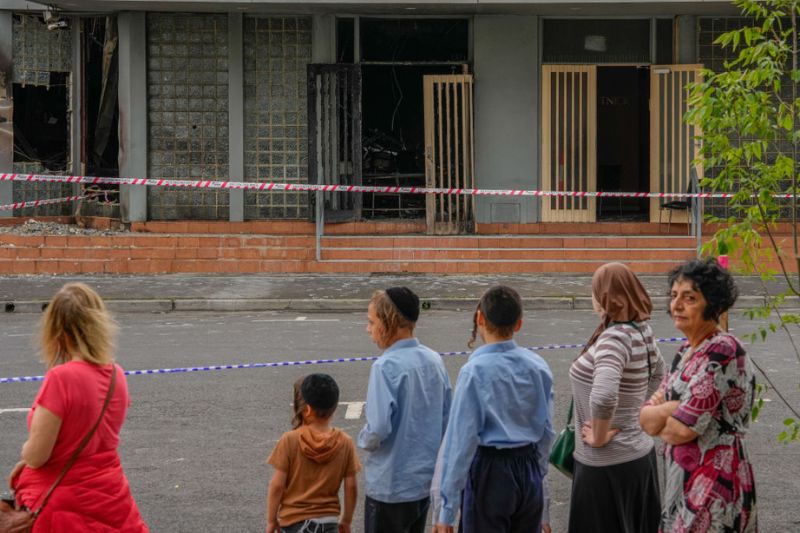
AUSTRALIA
- Andrew Hamilton
- 12 December 2024
The firebombing of Melbourne's Adass Israel Synagogue is a profound tragedy, reflecting the weight of historical hatred and contemporary tensions. Amid global grief and anger, this act of antisemitism compels us to reflect on the shared humanity of all people and the urgent need for peace, understanding, and ethical leadership.
READ MORE
-

AUSTRALIA
- Kevin Bell
- 29 November 2024
2 Comments
With unaffordable housing pushing families into impossible choices, homelessness affecting 120,000 people, and systemic inequities deepening, we must ask: What kind of society do we want to build — and for whom?
READ MORE 
-
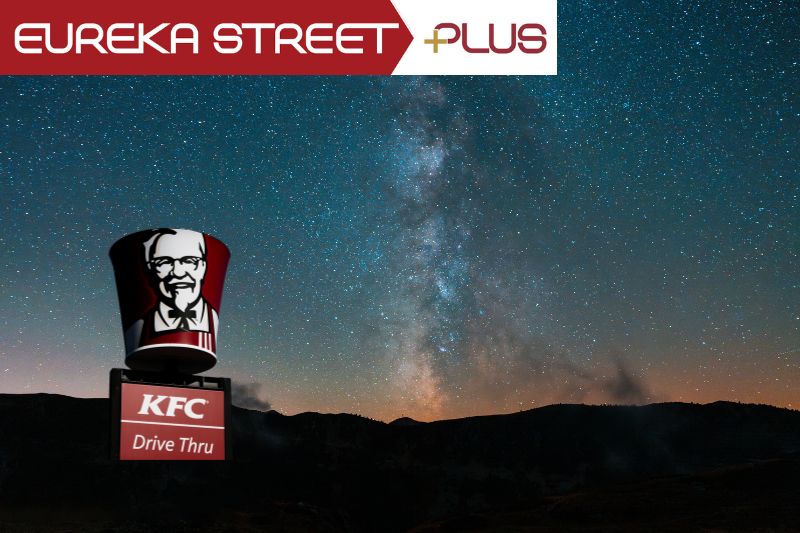
AUSTRALIA
- Michael McGirr
- 22 November 2024
3 Comments
There’s this other place that is neither heaven nor earth but which you might find in the car park of the third busiest KFC in Melbourne, waiting for your son to finish his shift. A bin beside the car is overflowing with all the packaging that comes with fast food, not to mention the remains of poor dead chooks whose life it is hard to imagine.
READ MORE 
-
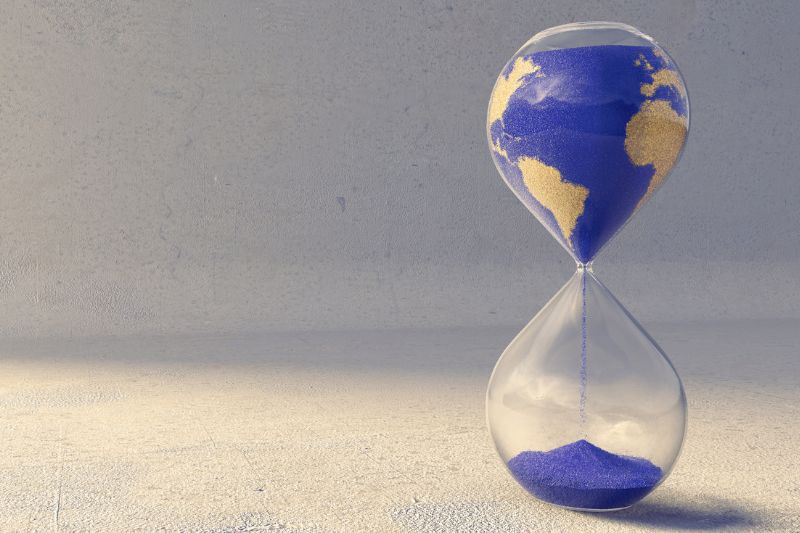
INTERNATIONAL
- Mark Beeson
- 04 November 2024
The Doomsday Clock remains at 90 seconds to midnight, the closest it’s ever been to calamity. In addition to the atomic scientists’ original concern about nuclear war, now climate change and the possible dangers of AI are parts of a potentially combustible mix. In short, there is much to fret about for anyone paying attention.
READ MORE
-
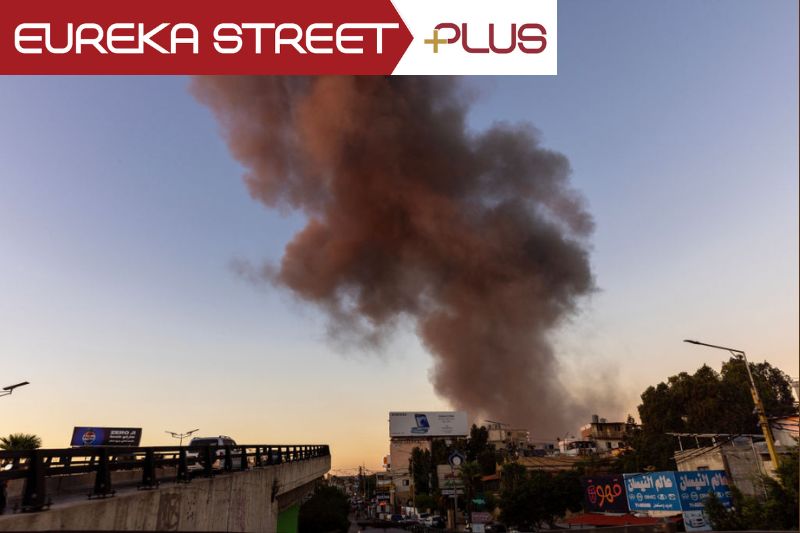
INTERNATIONAL
- Ken Haley, David Halliday
- 31 October 2024
1 Comment
In the most bitter of election seasons in America, thousands of votes will be won and lost by seeking to protect the civil rights of Israelis and Palestinians alike, although any kind of lasting peace will require greater effort than any U.S. political party has yet devoted to it.
READ MORE 
-
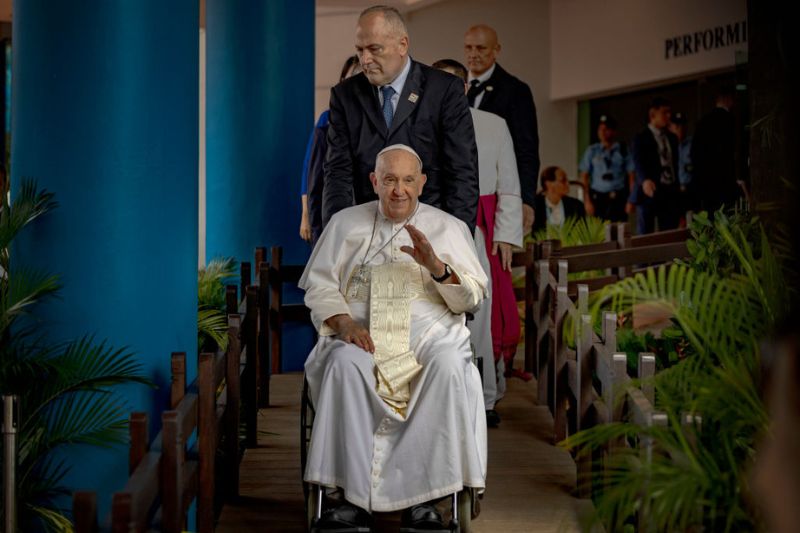
RELIGION
- John Warhurst
- 02 October 2024
4 Comments
During a recent interview on his Papal plane coming back from Singapore Francis made some pointed remarks in response to a veiled question from an American journalist about the US Presidential election contest between the Democrat Kamala Harris and the Republican Donald Trump. He chose to describe the choice as between the ‘lesser of two evils’ because Harris is pro-abortion rights and Trump is anti-immigration.
READ MORE
-
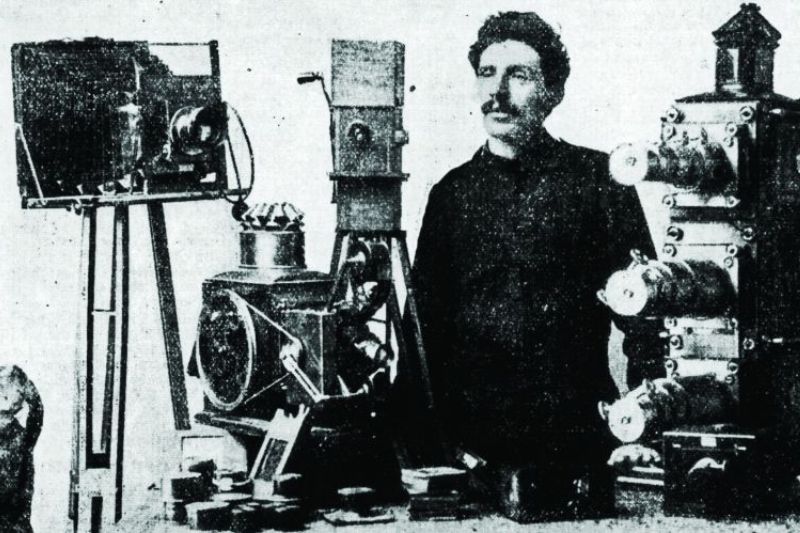
AUSTRALIA
- Barry Gittins
- 29 August 2024
In the early 20th century, the Salvation Army emerged as a dominant player in the nascent film industry. From pioneering filmmaking techniques to navigating the first moral dilemmas around film censorship, their cinematic journey is a fascinating, often-forgotten chapter in film history.
READ MORE
-
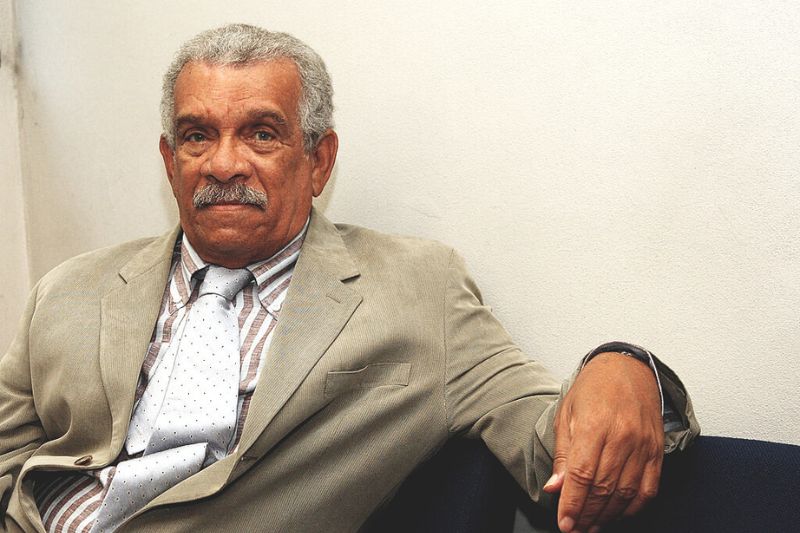
ARTS AND CULTURE
- Peter Steele
- 29 August 2024
1 Comment
Good poetry stops us in our tracks, visited as we are by whatever it is that has stopped the poet in his tracks. This agency may properly be, as in Walcott's case, something stemming from cultural marginality, from a fascination with the dramatic, from an equipoise between the lyrical and the epical, or from the interweaving of all these. (From the Eureka Street archives)
READ MORE
-

EDUCATION
- Jacinta Collins
- 20 August 2024
11 Comments
As the discourse surrounding religious freedom in Australia becomes increasingly contentious, especially in the context of schooling, we must address the growing perception that holding religious beliefs and values — and making choices based on them — is somehow discriminatory or at odds with modern society.
READ MORE
-
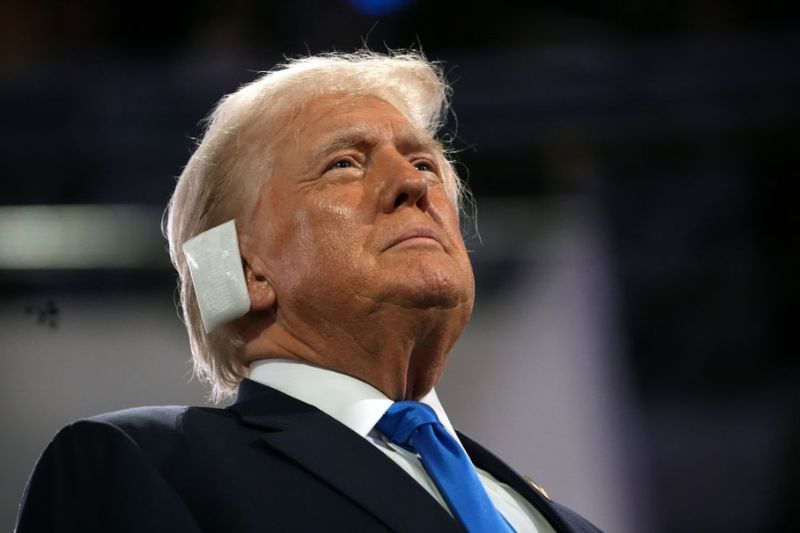
INTERNATIONAL
- Warwick McFadyen
- 24 July 2024
2 Comments
Following the assassination attempt, Donald Trump evidently sees his survival as a sign from God, in whom he very likely does not believe, that he is certain to achieve victory this November. It seems Trump’s religious road veers towards whichever destination offers him the greatest prize.
READ MORE
-

AUSTRALIA
- Barry Gittins
- 10 July 2024
4 Comments
How do you respond, when members of your own tribe share their distaste towards those who rub them up the wrong way? Do you ‘unfollow’? Do you engage? And if you vent against those who who offend with their own dearth of tolerance, are you guilty of doing the same?
READ MORE
-
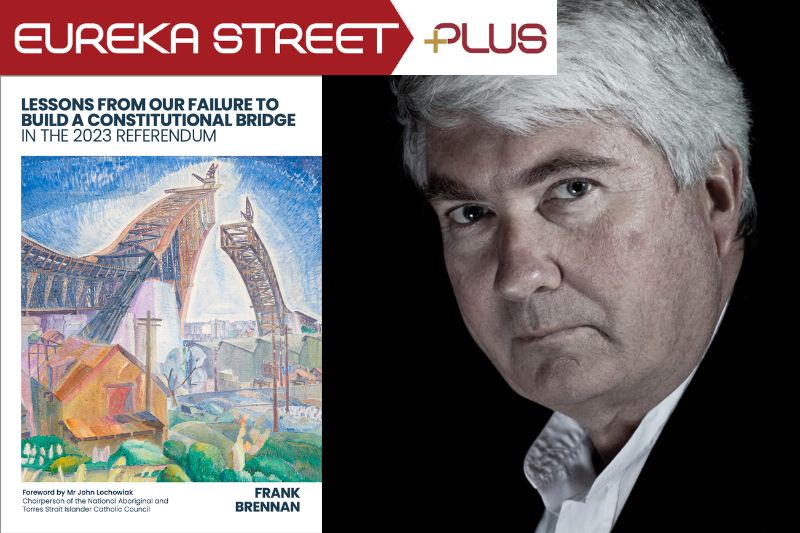
AUSTRALIA
- David Halliday
- 28 June 2024
13 Comments
It's been eight months since the Voice referendum, and people are starting to grapple with what its defeat means for Australia. There are few voices in Australia as qualified to conduct a postmortem of the outcome of the Voice referendum campaign as Frank Brennan. We examine what lessons can be learned and crucually, whether there’s reason for hope for Indigenous constitutional recognition.
READ MORE